Praise for the book
In this book of quiet meditations, Manash Firaq Bhattacharjee shows the unique value of sensible, informed and honest thought in a world torn apart by religion and politics in the grip of a serious pandemic. Ordinary acts what you cook for breakfast, advice on how to obtain wine, friendship and love, poetry, thinking about flowers and grass such things enter a sequence alongside the plight of destitute workers, the meaning of masks... The greatest contribution is the authors sheer calm of mind in a world driven mad by anxiety.
~ Peter Riley, Editor of The Fortnightly Review
What does a poet and an intellectual do when the world had turned into a zoo and no visitors were allowed in? Manash Firaq Bhatatcharjee follows numerous fine examples from world literature. They all share an ethical necessity to remain awakened through language, to write and to chronicle in times of severe grief and tragedy. In his diary from the first three weeks of the surge of Covid-19 in India,
Manash interweaves captivating observations, piercing personal memories and essayistic reflections with a double goal: to bear witness and to remain a human being.
~ Ale Steger, Author of Above the Sky Beneath the Earth
Lyrical and evocative, this is a pandemic journal with a difference. Deftly capturing the passing of slow lockdown time in an India otherwise devoted to speed and violence, it demands that we partake in the restorative powers of love, literature, and well-cooked fish.
~Siddhartha Deb, Author of The Beautiful and the Damned: Life in the New India
Manash Firaq Bhattacharjee negotiates the Covidocene, navigating through an everyday experience rendered radically unrecognisable by pandemic. What sustains the narratorprotagonist of this beautiful and compelling memoir of our very own plague year is his passionate, full-bodied immersion in culture. Even as he engages with the quotidian acts of survival around him, he endows them with the sumptuous, unpredictable beauty and sublimity of the poetry and fiction he has read, the films he has seen, the food he has known as folk memory, recipe and dish. The besieged imagination, which, as Manash reminds us, is both an aesthetic and a political force, refuses to renounce its resilient, intransigent mobility.
~ Ranjit Hoskote, Author of The Atlas of Beliefs
This is a remarkable work in many ways whether in terms of the sheer quality of the writing or the way in which the writer combines an account of the material reality of lockdown with history, literature and philosophy. The cultural criticism is breathtaking in its range.
~ Keshava Guha, Author of Accidental Magic
A HEADPRESS BOOK
First published by Headpress, Oxford, UK, in 2020
THE TOWN SLOWLY EMPTIES
On Life And Culture During Lockdown
Text copyright MANASH FIRAQ BHATTACHARJEE
Foreword SASHA DUGDALE
This volume copyright HEADPRESS 2020
Cover photo copyright ABDULLAH SAGHIR AHMAD : Instagram @the.final.shot
Cover design MARK CRITCHELL : Book layout & design GANYMEDE FOLEY
Proofing : JENNIFER WALLIS
10 9 8 7 6 5 4 3 2 1
The moral rights of the author have been asserted.
The views expressed in this publication do not necessarily reflect the views of the publisher.
All Rights Reserved. No part of this book may be reproduced, stored in a retrieval system, or transmitted, in any form or by any means, electronic, mechanical, photocopying, recording or otherwise, without prior permission in writing from the publisher.
A CIP catalogue record for this book is available from the British Library
 | ISBN 978-1-909394-75-9 (paperback) ISBN 978-1-909394-76-6 (ebook) NO-ISBN (hardback) HEADPRESS. POP AND UNPOP CULTURE. Exclusive NO-ISBN special edition hardbacks and
other items of interest are available at
HEADPRESS.COM |
Toward two oclock the town slowly empties, it is the time when silence, sunlight, dust, and plague have the streets to themselves.
Albert Camus, The Plague
To the eucalyptus tree beside my terrace
for its rustle of leaves, birds and ancient company
Contents
Foreword
by Sasha Dugdale
T HE T OWN S LOWLY E MPTIES , M ANASH F IRAQS LYRICAL DIARY OF lockdown in India, opens like a flower, drawing the reader in. I find myself reading the short essay-chronicles obsessively, entranced by the combination of poetry, beauty, poverty and pandemic.
Despite Manashs learnedness and wealth of references, the text retains a raw and authentic tone, describing an experience from the inside, unmediated by time and memory. And yet the interweaving of poetry, politics and meditation (and wonderful food), suggest that its a text which has long been on the authors mind the product of many years of thought-connection, but given play and shape by the conditions of lockdown and an unprecedented freedom to follow the meandering rhythms of the mind, and to project all this light and colour out into a drab and deserted world.
Manashs personal history and the history of a nation, a people and a civilisation are aligned in each chapter, as if this moment when everything is silent and empty and open has permitted this seeping through of the past. The journal-style allows a degree of freedom to move above and tackle what concerns the writer on any given day, what he might see from his window, or a conversation he has had with a friend. Concerns and themes run through the text, growing in potency and complexity and handed on from day to day, like motifs, to resound ever more fully.
I admire Manashs ability to discuss political and philosophical issues, whilst preserving a lightness of touch and poetic ease: to combine intense seriousness and compassion, to analyse a poem in depth and respond to it, and then immediately indulge in laughter and sensuousness; the wonderful comparison of friendship and spices he produces as an aside which I will forever use as a guide to both friends and cooking spices; the relatives and street characters who people his pages; nothing is off bounds for the roving authorial eye. The observations are delightful and provocative and sad and wistful. Nor does he eschew the hard truths of the pandemic, its politics and the ways it hits the poor. Some of his most heartfelt passages are condemnations of politics and nationalism and deeply compassionate towards the disenfranchised and hopeless.
Most of all, I feel at home in the internationalism of the book. The reach of Manashs allusions and his cultural touchstones make the book feel like a point in a network of cultures, a republic of letters and films and politics. It was something I could grasp and share from this distant place, as much as the experience of disease and lockdown. When Manash takes an Eastern European poet and reads his poem as it speaks to him and his situation in India, in a pandemic which touches us all, I was moved to return to the poems I love and consider them again as torches to light us through this dark period in our collective history.
Preface:
Nature Is Elsewhere
T ODAY IS 23 J UNE . I T HAS BEEN ONE LONG, ENDLESS DAY SINCE 23 March, when the nationwide lockdown began in India. Life has increasingly grown passive. We dont seem to use the days. Days use us. Our activities have been reduced to circling inside our homes. Life has been reduced to a few rooms. There is suddenly an anxious gulf between inside and outside, home and the world. The world is thrust into a new time, one that will usher in visible and invisible changes, and significantly alter our idea of life.
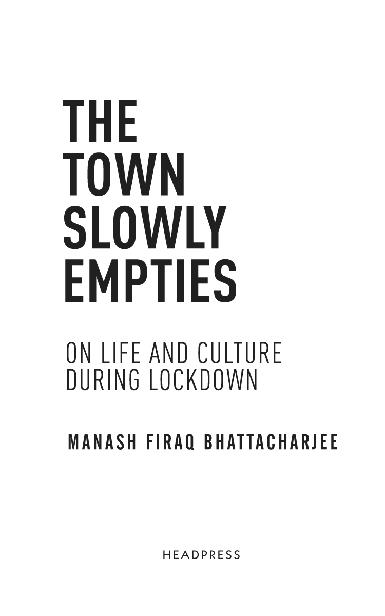


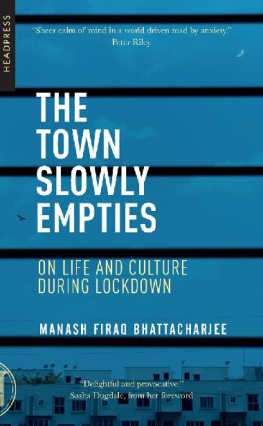



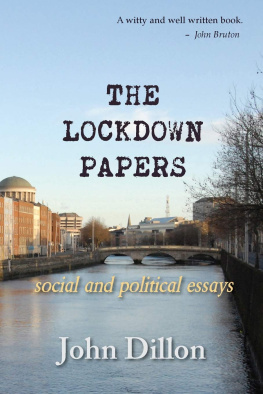

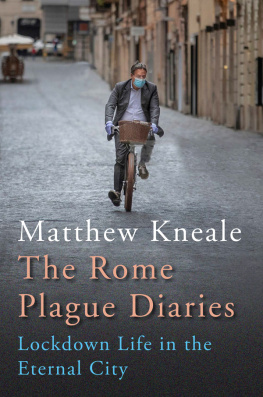

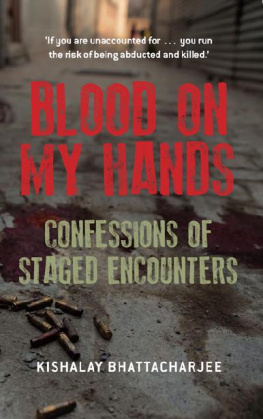
![Bhattacharjee Sudakshina - Improve your global business english: [the essential toolkit for writing and communicating across borders]](/uploads/posts/book/205847/thumbs/bhattacharjee-sudakshina-improve-your-global.jpg)

